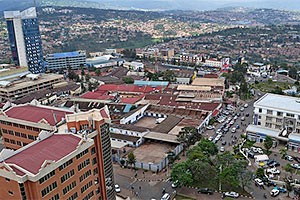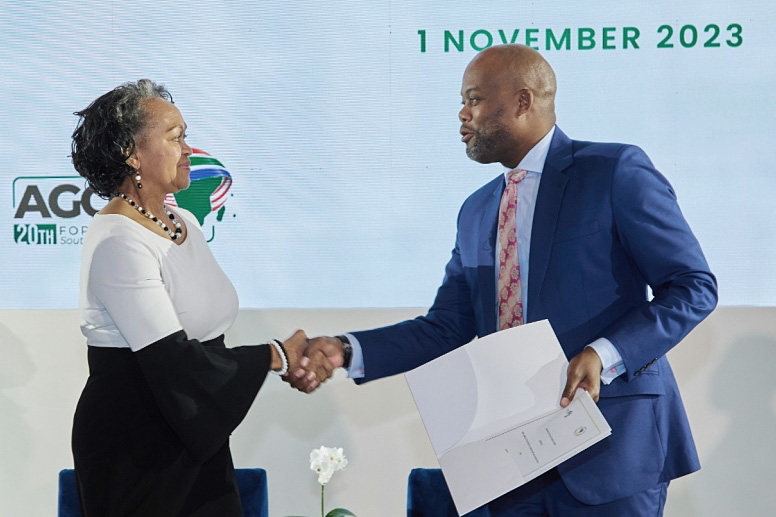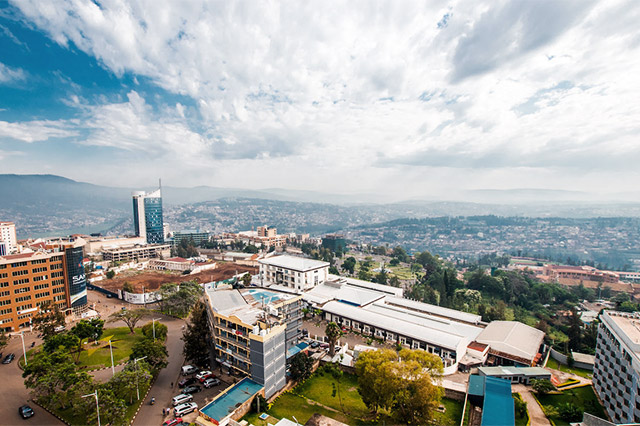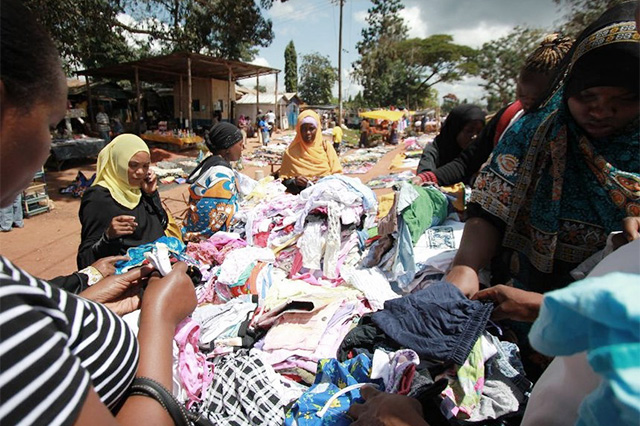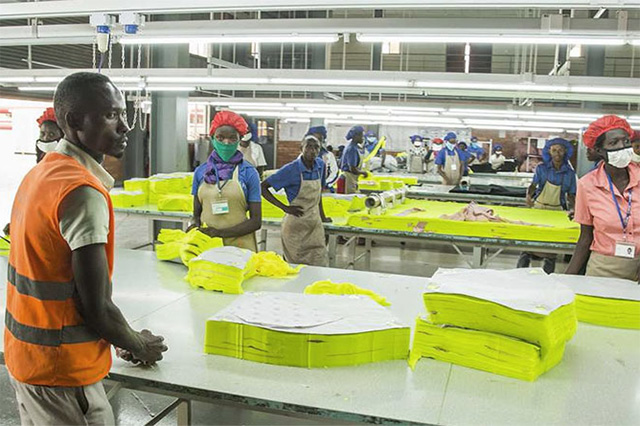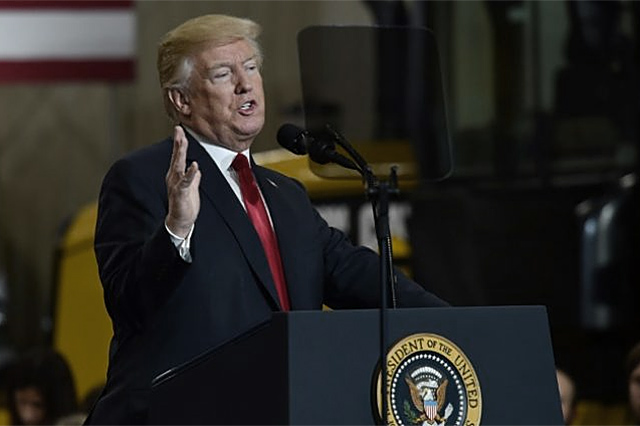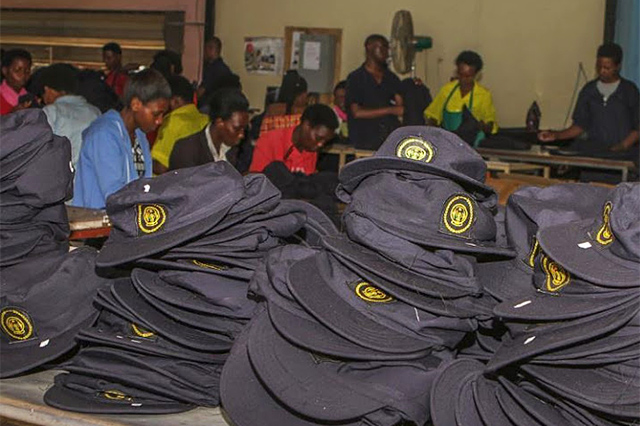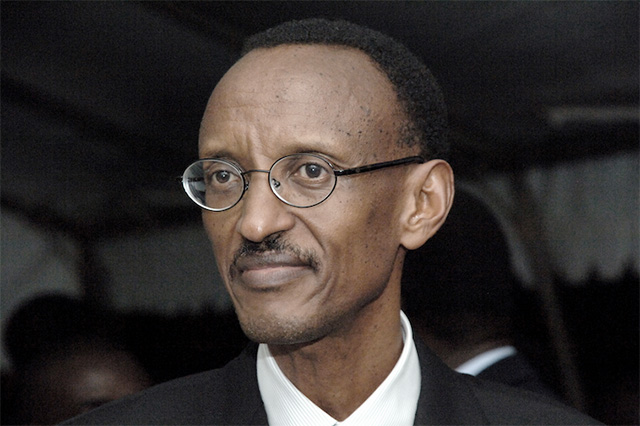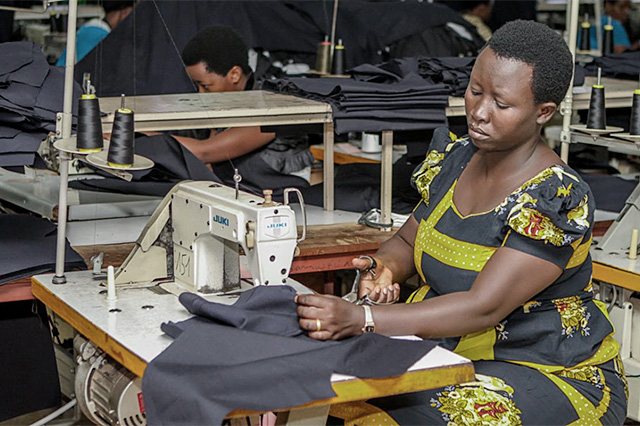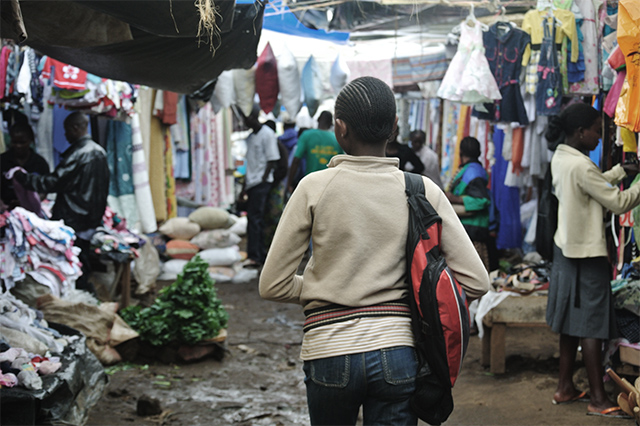Rwanda keen to profit from AGOA extension
Rwanda is set to benefit from the next opportunity presented by the US market through the African Growth and Opportunity Act (Agoa).
AGOA's current mandate expires on September 30, 2015. However, African leaders secured a commitment for its renewal at the recent US-Africa Leaders Summit hosted by President Barack Obama in Washington, DC.
In separate interviews with The New Times, members of the private sector and government officials said extending Agoa's mandate for another 15 years would benefit the continent.
When President Bill Clinton signed the Agoa into law in 2000, it opened a tariff-free doorway for Sub-Saharan African exports into the American market. The results have been significant.
In 2013, exports to US from Sub-Saharan Africa under the Agoa framework totaled $26.8 billion, more than three times the amount in 2001 when the programme had just commenced.
Nigeria enjoyed the biggest chunk of this programme, fetching $11.7 billion in 2013, which accounted for 32 per cent of all Agoa exports, while Angola and South Africa follow behind, each accounting for 24 per cent.
Rwanda has, however, struggled and is among the least beneficiaries of Agoa, with exports to the US totaling $24 million in 2013, a 27 per cent decrease from 2012 - the main exports being coffee, tea, spices and vegetables.
However, Rwanda's private sector and government are still optimistic.
"USA has been our largest export destination, and so we are optimistic that Agoa will be renewed, "Pierre Munyura Kamere, the Managing Director of Mibirizi Coffee and Food Stuffs, said in an interview last week.
Munyura's company exports Arabic Coffee to USA through the Agoa window which enables specific Rwandan exports to enter the market on quota and duty-free basis.
The biggest constraint to Agoa has been the lack of quality standards required by the American market, and according to Munyura, even those with good products sometimes do not supply consistently.
"The American market is very strict on quality and because of the costs involved, many exporters fall off the rail. There are also those who provide very good products, but lack the capacity to maintain steady supply," he said.
He cited transport as another major constraint, pointing out air transport as "realistically unachievable" in Rwanda yet it offers the best mode of moving exports to America.
"We have to use the sea to transport coffee because it is way cheaper than air. Cargo airplanes usually charge between two and three dollars per kilogramme of coffee, while ships charge two to three cents. Plane charges are usually even higher than the value of the products being exported," he said.
In an interview, the Minister for Trade and Industry, Francois Kanimba, said negotiations are ongoing with the US government to solve some of the challenges affecting Agoa exporters.
"The renewal of Agoa is an important opportunity. We are engaged in discussions with the US government to prepare a broader response to Agoa by setting up institutional frameworks that support SMEs," he said.
"Besides, there are investors coming to set up manufacturing industries targeting EU and US markets to take advantage of the quota free and duty free access. We are also seeing US investors coming to Rwanda to partner with small and medium enterprises."
The minister added that through the next 15 years of Agoa, Rwanda will focus on reducing its trade balance with USA, which currently stands at a deficit of $0.7 million.
Benjamin Gasamagera, the chairperson of the Private Sector Federation, acknowledged that many Rwandan products struggle to meet the standards required by the American market but added that financial and capacity avenues had been opened to SMEs.
"Very soon we shall be able to reap big from the American market. We have lobbied banks to be more flexible in lending to SMEs that have good export strategies and the results are visible," Gasamagera said.
"We have also signed performance contracts with the government, which will ensure that government does its part in facilitating exporters by setting up infrastructure like cold chain facilities, while exporters also meet their end of the bargain by improving the quality and quantity of their exports."
Boosting packaging
Gasamagera added that together with the Rwanda Development Board, PSF was engaging potential exporters whose products do not have strong brands and thus face quality questions.
He said that initiatives are in place to develop quality logos and packaging models, especially for beverage companies whose brands have failed to cut it in foreign territory.
During the US-Africa Summit in Washington DC, trade was highlighted as the most important avenue for partnership.
President Obama announced at the forum that he will work with the American Congress toward a long-term renewal of Agoa.
In the end, all parties agreed that removing tariffs alone will not boost trade. Rather it should be complimented by developing strategies to overcome exporters' constraints, as well as enable the private sector to drive forces of demand and supply.
Rwanda projections
Generally, exports more than doubled between 2009 and 2011 in nominal terms.
Under the Economic Development and Poverty Reduction Strategy, (EDPRSII), government has three monitoring indicators, including accelerated growth exports.
Under EDPRS II, which is in its second year of implementation, the target for 2015/16 is $2 million and $3.4 million in 2017/18 in the quest to bridge the trade imbalance.
Government seeks to reduce the trade balance by growing the country's exports value to 28 per cent by 2018.


